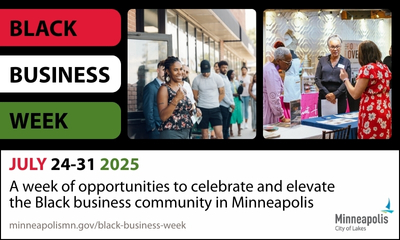BY DEB TAYLOR
Unprecedented levels of loneliness and isolation have swept our communities during the COVID-19 pandemic, especially affecting seniors, the most vulnerable to this persistent virus.
The threat of this virus has kept older adults quarantined and distanced from their loved ones. “I haven’t hugged my kids and grandkids in months,” one senior explained. “Before COVID, I saw them almost every week.”
As a nonprofit that embraces innovation and adaptability, Senior Community Services conducted a research study to see how technology might help us address the issues we face due to the pandemic. We found that 95 percent of seniors surveyed have a computer, tablet or smartphone that enable them to connect with others through a variety of platforms from FaceTime to Zoom. Recognizing that this senior population may lack the technological skills to maneuver through the digital space, we launched a Technology Service Pilot program led by Joe Kaul, an IT professional with a strong heart for older adults. “We found that a communications gap exists between generations. While kids are savvy with devices, older adults often are intimidated and lack skills that can easily be taught,” Kaul said.
Kaul said the computer is their tie to the world during this time of isolation when seniors won’t or can’t go out into the community. “Seniors unfamiliar with technology are more isolated than ever. We had to find a way to ease this loneliness and isolation,” he said.
Through the Technology Service Pilot, technicians assist seniors in their homes or via phone or teleconferencing on ways to utilize their devices to connect with friends and loved ones. “We’ve found the training increases their comfort level with the digital world and enhances their ability and desire to stay in touch with loved ones,” Kaul explained.
Another aspect of the pilot program is tapping into virtual programming so isolated seniors can still participate in activities through their local senior centers. This extends opportunities to break through the isolation that can be so harmful to one’s mental and physical well-being. Seniors can virtually see and visit with friends, listen to programs, and even participate in a card game.
The Technology Service Pilot is part of the HOME program, which offers seniors help with a variety of home maintenance tasks, from raking and snow shoveling to minor repairs and safety inspections.
Another aspect of Senior Community Services technology assistance is the increasingly popular CareNextion.org. The free and secure website is a wonderful tool for families who need help planning and organizing care for a loved one. CareNextion.org now has more than 15,000 registered users across Minnesota, many other U.S. states, and even overseas.
Since the COVID-19 outbreak, we’ve seen CareNextion.org utilization grow dramatically, with more than 4,000 additional caregivers now registered.
Despite the challenges we face due to the pandemic, Senior Community Services is helping older adults remain safe, secure and healthy in their own homes. Home is where most seniors want to remain, and it is generally the most affordable place for seniors on fixed incomes.
The COVID challenge has enabled us to nimbly adjust our care and reshape our services to continue serving thousands of older adults. And we’re even better equipped and prepared for whatever might come next.
We’re grateful to the wider community for the support of the older adults in our families and neighborhoods, as we all age well—together.
Deb Taylor is the chief executive officer of Senior Community Services. For more information visit seniorcommunity.org.






















